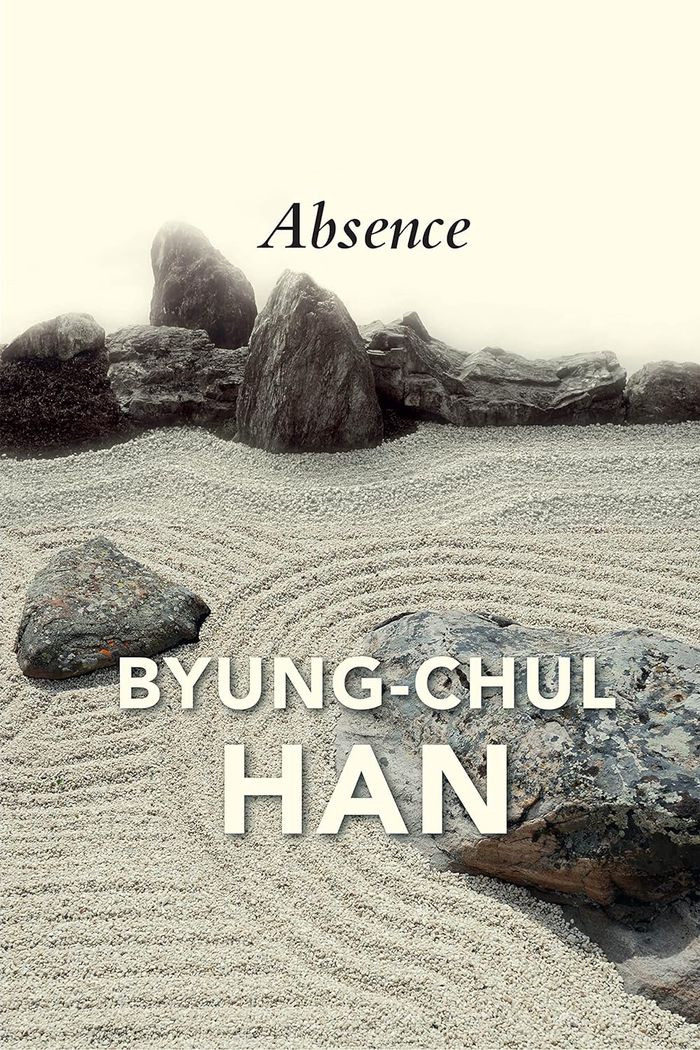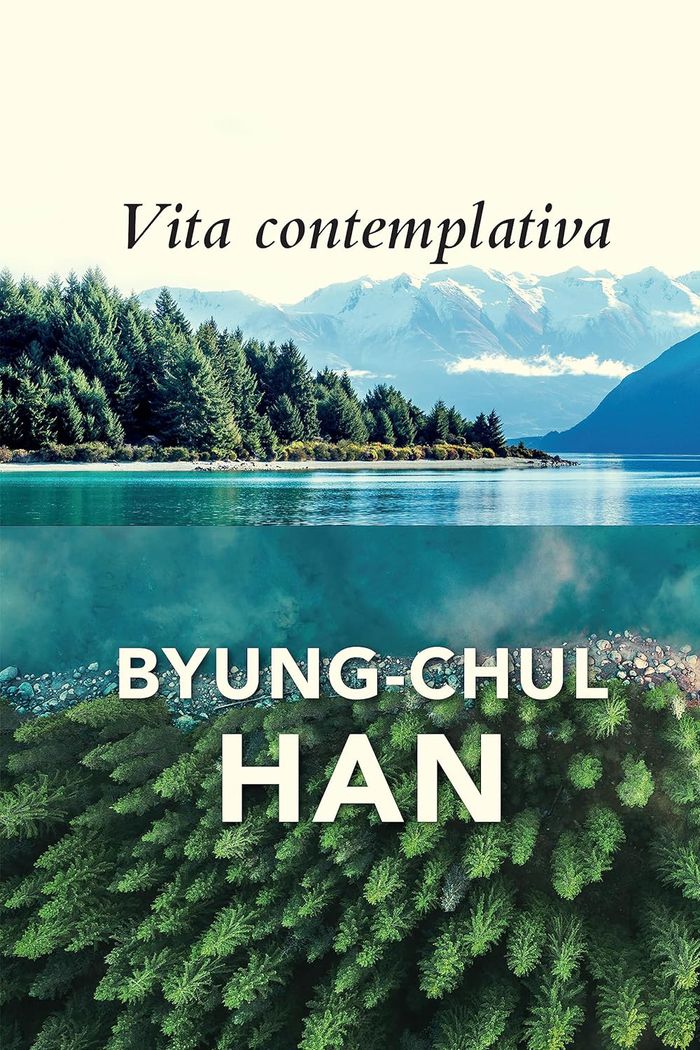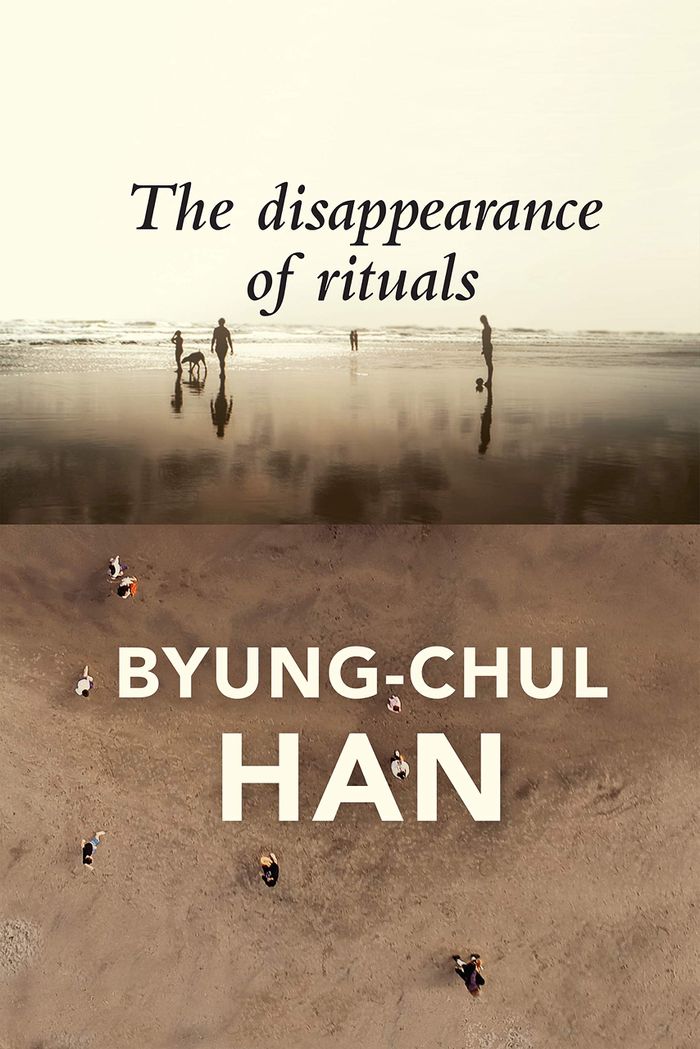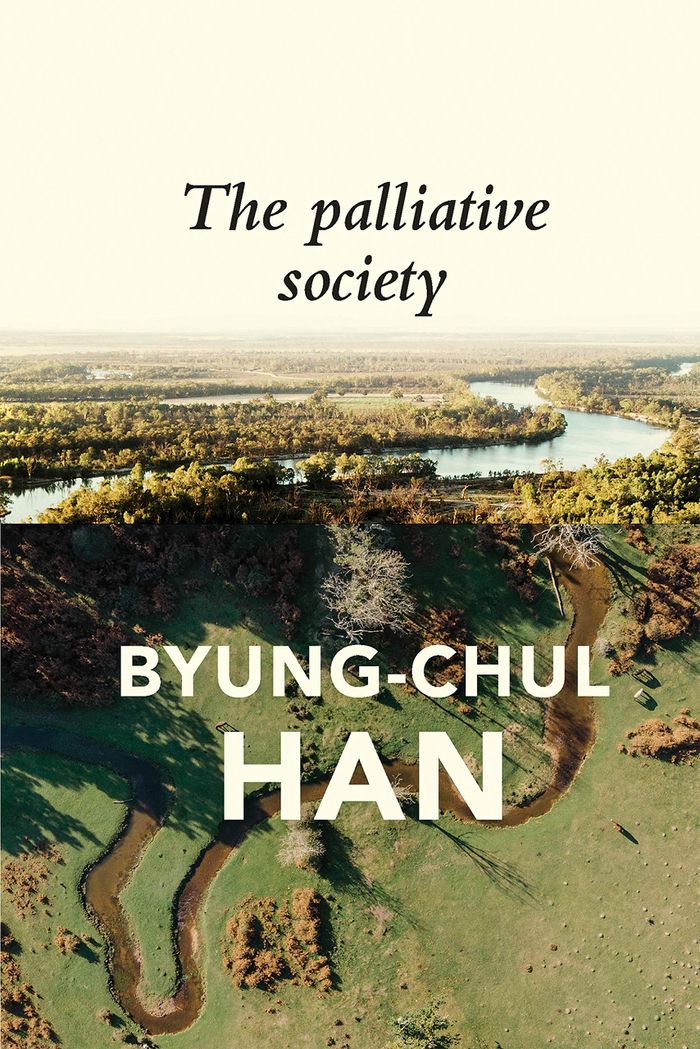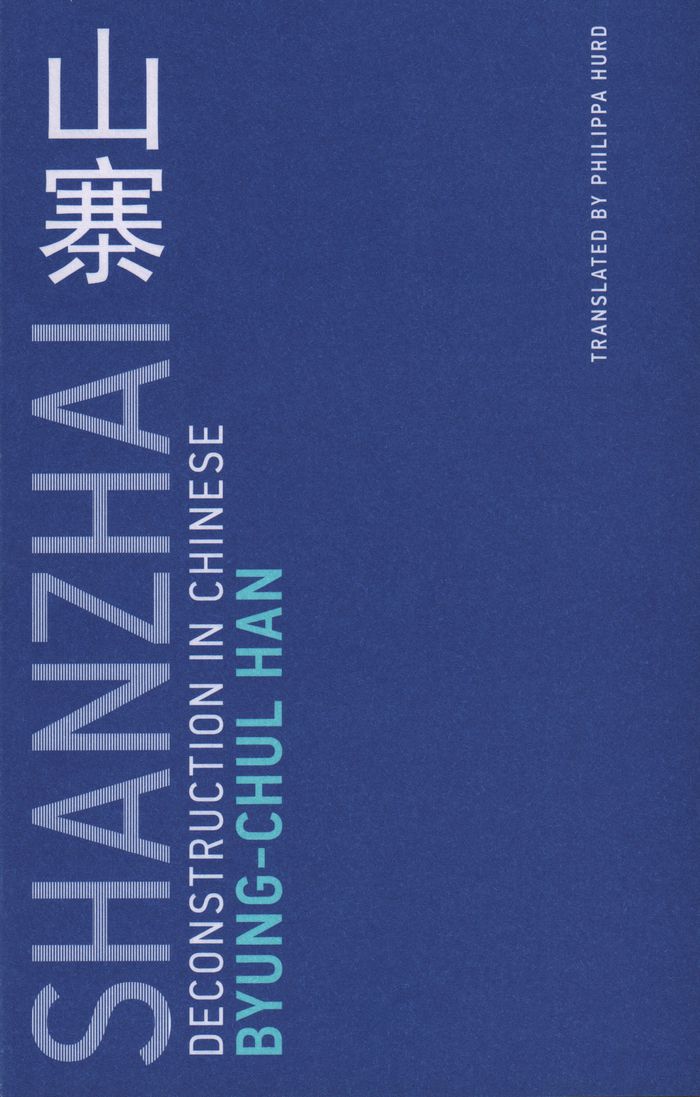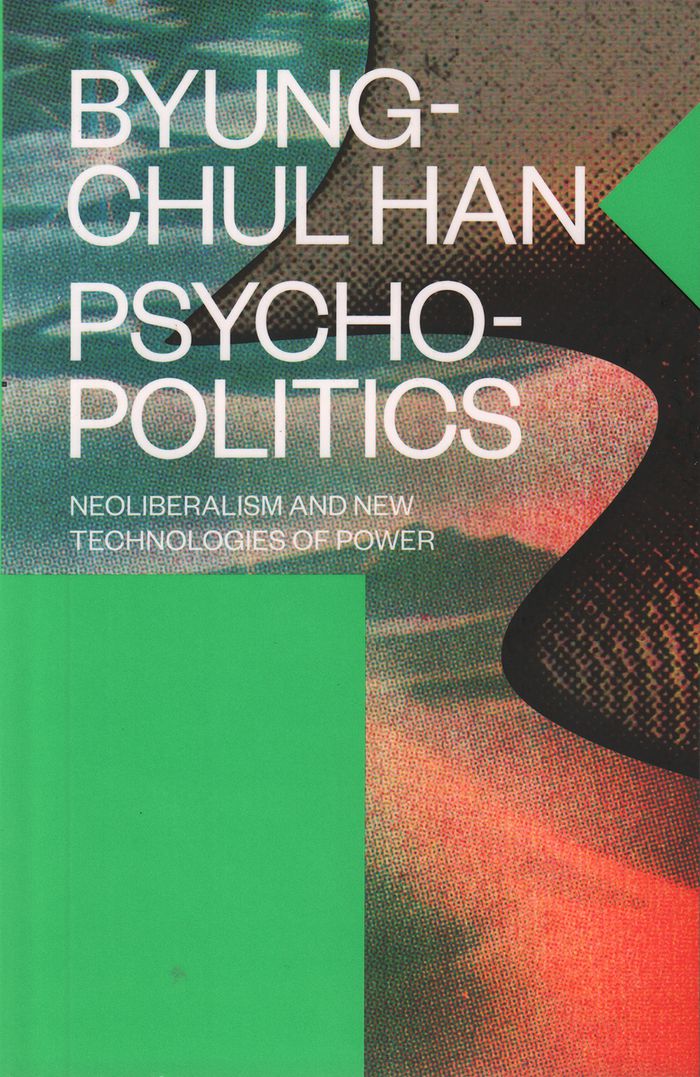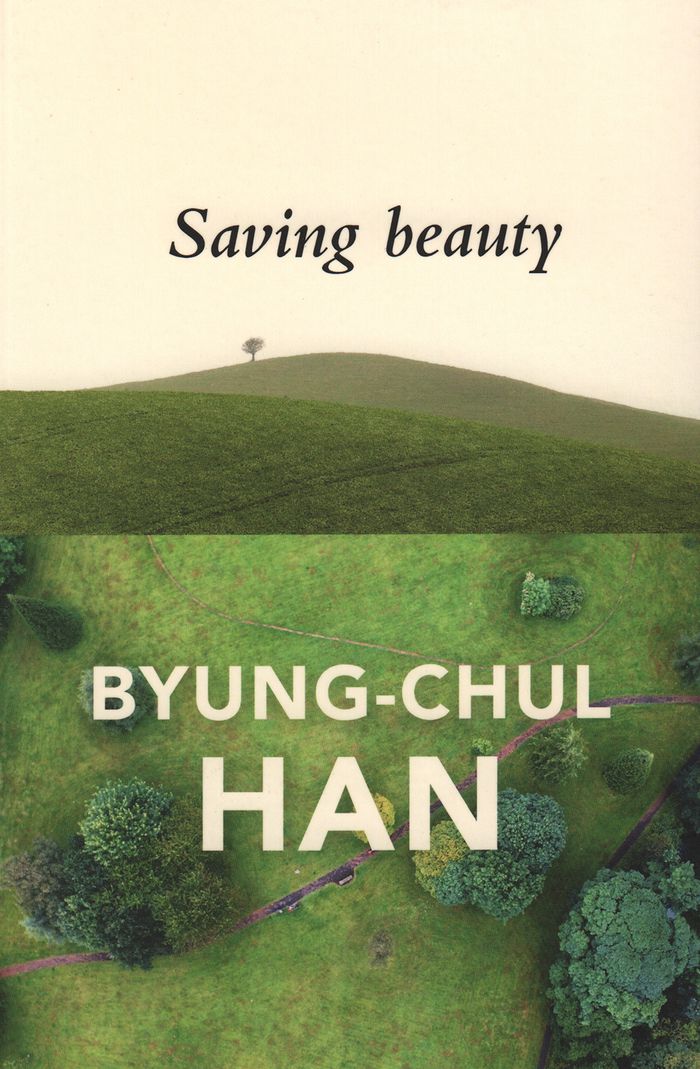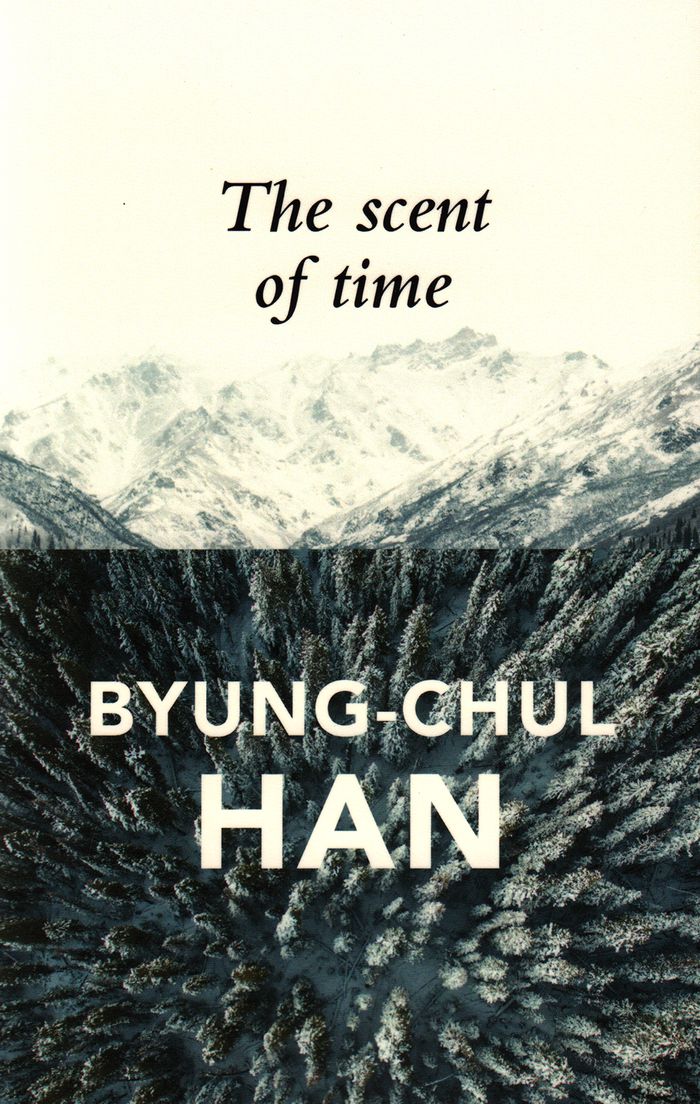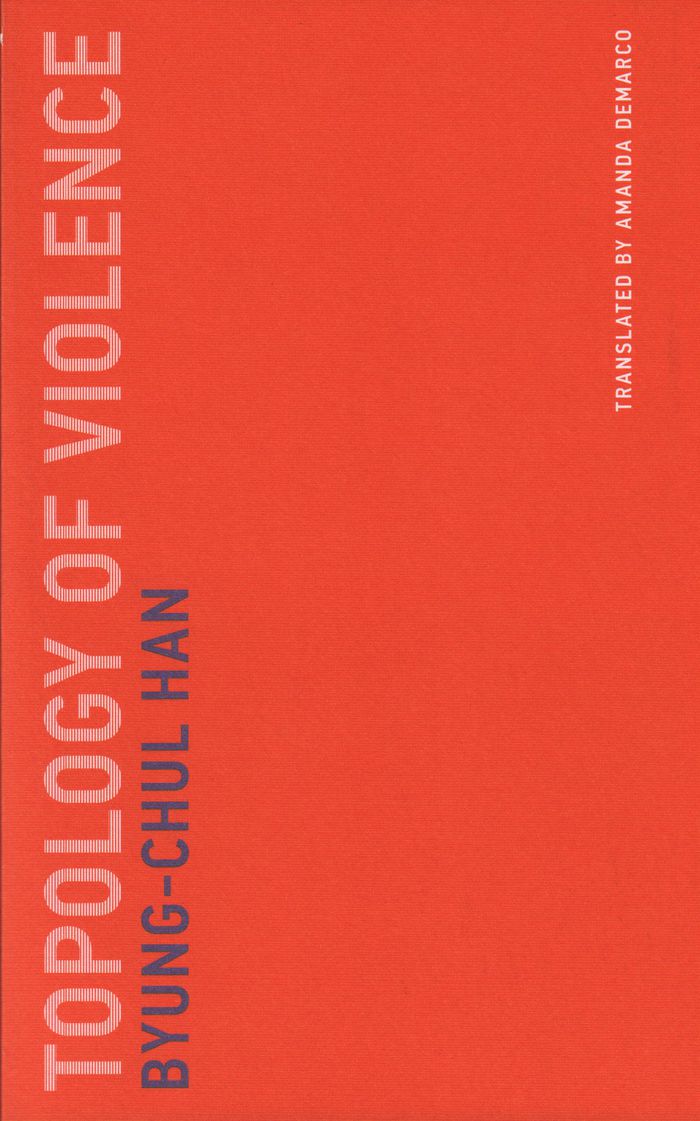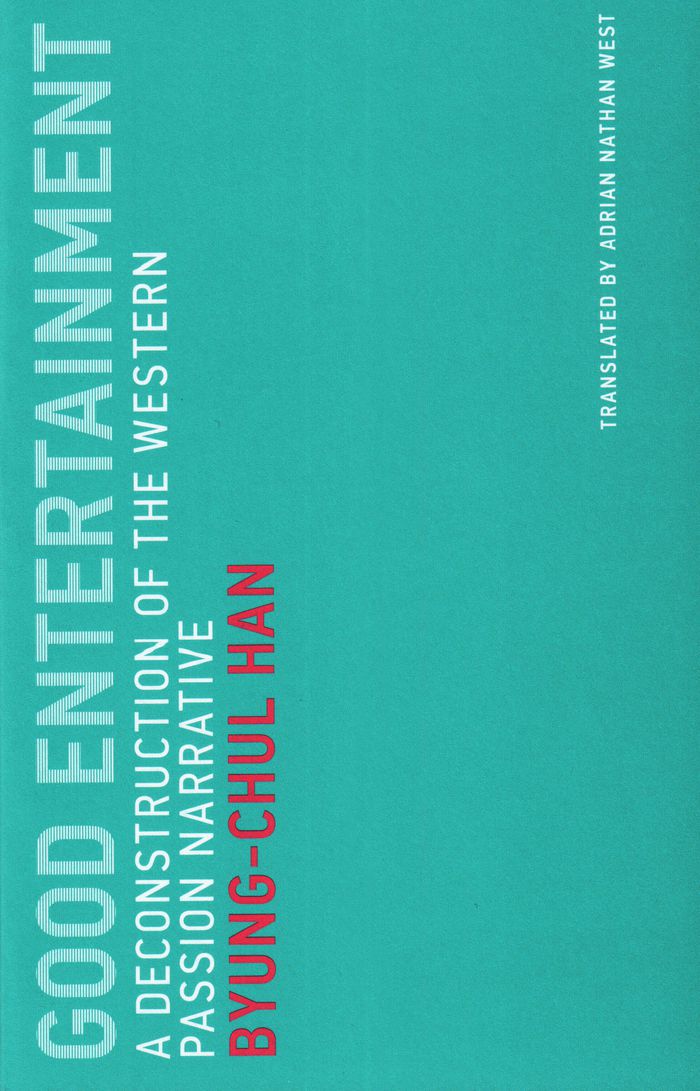$19.95
(disponible sur commande)
Résumé:
Western thinking has long been dominated by essence, by a preoccupation with that which dwells in itself and delimits itself from the other. By contrast, Far Eastern thought is centred not on essence but on absence. The fundamental topos of Far Eastern thinking is not being but ‘the way’ (dao), which lacks the solidity and fixedness of essence. The difference between(...)
Absence: On the culture and philosophy of the Far East
Actions:
Prix:
$19.95
(disponible sur commande)
Résumé:
Western thinking has long been dominated by essence, by a preoccupation with that which dwells in itself and delimits itself from the other. By contrast, Far Eastern thought is centred not on essence but on absence. The fundamental topos of Far Eastern thinking is not being but ‘the way’ (dao), which lacks the solidity and fixedness of essence. The difference between essence and absence is the difference between being and path, between dwelling and wandering. '‘A Zen monk should be without fixed abode, like the clouds, and without fixed support, like water’', said the Japanese Zen master Dogen. Drawing on this fundamental distinction between essence and absence, Byung-Chul Han explores the differences between Western and Far Eastern philosophy, aesthetics, architecture and art, shedding fresh light on a culture of absence that may at first sight appear strange and unfamiliar to those in the West whose ways of thinking have been shaped for centuries by the preoccupation with essence.
Théorie/ philosophie
$19.95
(disponible en magasin)
Résumé:
In our busy and hurried lives, we are losing the ability to be inactive. Human existence becomes fully absorbed by activity – even leisure, treated as a respite from work, becomes part of the same logic. Intense life today means first of all more performance or more consumption. We have forgotten that it is precisely inactivity, which does not produce anything, that(...)
Vita Contemplativa: In praise of inactivity
Actions:
Prix:
$19.95
(disponible en magasin)
Résumé:
In our busy and hurried lives, we are losing the ability to be inactive. Human existence becomes fully absorbed by activity – even leisure, treated as a respite from work, becomes part of the same logic. Intense life today means first of all more performance or more consumption. We have forgotten that it is precisely inactivity, which does not produce anything, that represents an intense and radiant form of life. For Byung-Chul Han, inactivity constitutes the human. Without moments of pause or hesitation, acting deteriorates into blind action and reaction. When life follows the rule of stimulus–response and need–satisfaction, it atrophies into pure survival: naked biological life. If we lose the ability to be inactive, we begin to resemble machines that simply function. True life begins when concern for survival, for the exigencies of mere life, ends. The ultimate purpose of all human endeavour is inactivity. In a beautifully crafted ode to the art of being still, Han shows that the current crisis in our society calls for a very different way of life: one based on the "vita contemplative." He pleads for bringing our ceaseless activities to a stop and making room for the magic that happens in between. Life receives its radiance only from inactivity.
Théorie/ philosophie
$19.95
(disponible sur commande)
Résumé:
Untrammelled neoliberalism and the inexorable force of production have produced a 21st century crisis of community: a narcissistic cult of authenticity and mass turning-inward are among the pathologies engendered by it. We are individuals afloat in an atomised society, where the loss of the symbolic structures inherent in ritual behaviour has led to overdependence on the(...)
The disappearance of rituals: A topology of the present
Actions:
Prix:
$19.95
(disponible sur commande)
Résumé:
Untrammelled neoliberalism and the inexorable force of production have produced a 21st century crisis of community: a narcissistic cult of authenticity and mass turning-inward are among the pathologies engendered by it. We are individuals afloat in an atomised society, where the loss of the symbolic structures inherent in ritual behaviour has led to overdependence on the contingent to steer identity. Avoiding saccharine nostalgia for the rituals of the past, Han provides a genealogy of their disappearance as a means of diagnosing the pathologies of the present. He juxtaposes a community without communication – where the intensity of togetherness in silent recognition provides structure and meaning – to today’s communication without community, which does away with collective feelings and leaves individuals exposed to exploitation and manipulation by neoliberal psycho-politics. The community that is invoked everywhere today is an atrophied and commoditized community that lacks the symbolic power to bind people together. For Han, it is only the mutual praxis of recognition borne by the ritualistic sharing of the symbolic between members of a community which creates the footholds of objectivity allowing us to make sense of time.
Théorie/ philosophie
The palliative society
$19.95
(disponible sur commande)
Résumé:
Our societies today are characterized by a universal algophobia: a generalized fear of pain. We strive to avoid all painful conditions – even the pain of love is treated as suspect. This algophobia extends into society: less and less space is given to conflicts and controversies that might prompt painful discussions. It takes hold of politics too: politics becomes a(...)
The palliative society
Actions:
Prix:
$19.95
(disponible sur commande)
Résumé:
Our societies today are characterized by a universal algophobia: a generalized fear of pain. We strive to avoid all painful conditions – even the pain of love is treated as suspect. This algophobia extends into society: less and less space is given to conflicts and controversies that might prompt painful discussions. It takes hold of politics too: politics becomes a palliative politics that is incapable of implementing radical reforms that might be painful, so all we get is more of the same. Faced with the coronavirus pandemic, the palliative society is transformed into a society of survival. The virus enters the palliative zone of well-being and turns it into a quarantine zone in which life is increasingly focused on survival. And the more life becomes survival, the greater the fear of death: the pandemic makes death, which we had carefully repressed and set aside, visible again. Everywhere, the prolongation of life at any cost is the preeminent value, and we are prepared to sacrifice everything that makes life worth living for the sake of survival. This trenchant analysis of our contemporary societies by one of the most original cultural critics of our time will appeal to a wide readership.
Théorie/ philosophie
$22.95
(disponible sur commande)
Résumé:
Shanzhai is a Chinese neologism that means "fake," originally coined to describe knock-off cell phones marketed under such names as Nokir and Samsing. These cell phones were not crude forgeries but multifunctional, stylish, and as good as or better than the originals. Shanzhai has since spread into other parts of Chinese life, with shanzhai books, shanzhai politicians,(...)
Shanzhai : deconstruction in chinese
Actions:
Prix:
$22.95
(disponible sur commande)
Résumé:
Shanzhai is a Chinese neologism that means "fake," originally coined to describe knock-off cell phones marketed under such names as Nokir and Samsing. These cell phones were not crude forgeries but multifunctional, stylish, and as good as or better than the originals. Shanzhai has since spread into other parts of Chinese life, with shanzhai books, shanzhai politicians, shanzhai stars. In the West, this would be seen as piracy, or even desecration, but in Chinese culture, originals are continually transformed -- deconstructed. In this volume in the Untimely Meditations series, Byung-Chul Han traces the thread of deconstruction, or "decreation," in Chinese thought, from ancient masterpieces that invite inscription and transcription to Maoism -- "a kind a shanzhai Marxism," Han writes.
Théorie/ philosophie
$25.95
(disponible en magasin)
Résumé:
Byung-Chul Han, a star of German philosophy, continues his passionate critique of neoliberalism, trenchantly describing a regime of technological domination that, in contrast to Foucault’s biopower, has discovered the productive force of the psyche. In the course of discussing all the facets of neoliberal psychopolitics fueling our contemporary crisis of freedom, Han(...)
Psychopolitics: neoliberalism and new technologies of power
Actions:
Prix:
$25.95
(disponible en magasin)
Résumé:
Byung-Chul Han, a star of German philosophy, continues his passionate critique of neoliberalism, trenchantly describing a regime of technological domination that, in contrast to Foucault’s biopower, has discovered the productive force of the psyche. In the course of discussing all the facets of neoliberal psychopolitics fueling our contemporary crisis of freedom, Han elaborates an analytical framework that provides an original theory of Big Data and a lucid phenomenology of emotion. But this provocative essay proposes counter models too, presenting a wealth of ideas and surprising alternatives at every turn.
Théorie/ philosophie
Saving beauty
$15.95
(disponible sur commande)
Résumé:
Beauty today is a paradox. The cult of beauty is ubiquitous but it has lost its transcendence and become little more than an aspect of consumerism, the aesthetic dimension of capitalism. The sublime and unsettling aspects of beauty have given way to corporeal pleasures and 'likes', resulting in a kind of 'pornography' of beauty. In this book, cultural theorist Byung-Chul(...)
Saving beauty
Actions:
Prix:
$15.95
(disponible sur commande)
Résumé:
Beauty today is a paradox. The cult of beauty is ubiquitous but it has lost its transcendence and become little more than an aspect of consumerism, the aesthetic dimension of capitalism. The sublime and unsettling aspects of beauty have given way to corporeal pleasures and 'likes', resulting in a kind of 'pornography' of beauty. In this book, cultural theorist Byung-Chul Han reinvigorates aesthetic theory for our digital age. He interrogates our preoccupation with all things slick and smooth, from Jeff Koon's sculptures and the iPhone to Brazilian waxing. Reaching far deeper than our superficial reactions to viral videos and memes, Han reclaims beauty, showing how it manifests itself as truth, temptation and even disaster.
Théorie/ philosophie
$15.95
(disponible sur commande)
Résumé:
In his philosophical reflections on the art of lingering, acclaimed cultural theorist Byung-Chul Han argues that the value we attach today to the vita activa is producing a crisis in our sense of time. Our attachment to the vita activa creates an imperative to work which degrades the human being into a labouring animal, an animal laborans. At the same time, the(...)
The scent of time: a philosophical essay on the art of lingering
Actions:
Prix:
$15.95
(disponible sur commande)
Résumé:
In his philosophical reflections on the art of lingering, acclaimed cultural theorist Byung-Chul Han argues that the value we attach today to the vita activa is producing a crisis in our sense of time. Our attachment to the vita activa creates an imperative to work which degrades the human being into a labouring animal, an animal laborans. At the same time, the hyperactivity which characterizes our daily routines robs human beings of the capacity to linger and the faculty of contemplation. It therefore becomes impossible to experience time as fulfilling. Drawing on a range of thinkers including Heidegger, Nietzsche and Arendt, Han argues that we can overcome this temporal crisis only by revitalizing the vita contemplativa and relearning the art of lingering.
Théorie/ philosophie
Topology of violence
$24.95
(disponible sur commande)
Résumé:
One of today's most widely read philosophers considers the shift in violence from visible to invisible, from negativity to excess of positivity. Some things never disappear—violence, for example. Violence is ubiquitous and incessant but protean, varying its outward form according to the social constellation at hand. In Topology of Violence, the philosopher Byung-Chul(...)
Topology of violence
Actions:
Prix:
$24.95
(disponible sur commande)
Résumé:
One of today's most widely read philosophers considers the shift in violence from visible to invisible, from negativity to excess of positivity. Some things never disappear—violence, for example. Violence is ubiquitous and incessant but protean, varying its outward form according to the social constellation at hand. In Topology of Violence, the philosopher Byung-Chul Han considers the shift in violence from the visible to the invisible, from the frontal to the viral to the self-inflicted, from brute force to mediated force, from the real to the virtual. Violence, Han tells us, has gone from the negative—explosive, massive, and martial—to the positive, wielded without enmity or domination. This, he says, creates the false impression that violence has disappeared. Anonymized, desubjectified, systemic, violence conceals itself because it has become one with society.
Théorie/ philosophie
$22.95
(disponible sur commande)
Résumé:
In 'Good Entertainment', Byung-Chul Han examines the notion of entertainment—its contemporary ubiquity, and its philosophical genealogy. Han traces Western ideas of entertainment, considering, among other things, the scandal that arose from the first performance of Bach's Saint Matthew's Passion (deemed too beautiful, not serious enough); Kant's idea of morality as duty(...)
Good entertainment: a deconstruction of the Western Passion narrative
Actions:
Prix:
$22.95
(disponible sur commande)
Résumé:
In 'Good Entertainment', Byung-Chul Han examines the notion of entertainment—its contemporary ubiquity, and its philosophical genealogy. Han traces Western ideas of entertainment, considering, among other things, the scandal that arose from the first performance of Bach's Saint Matthew's Passion (deemed too beautiful, not serious enough); Kant's idea of morality as duty and the entertainment value of moralistic literature; Heidegger's idea of the thinker as a man of pain; Kafka's hunger artist and the art of negativity, which takes pleasure in annihilation; and Robert Rauschenberg's refusal of the transcendent.
Théorie/ philosophie
